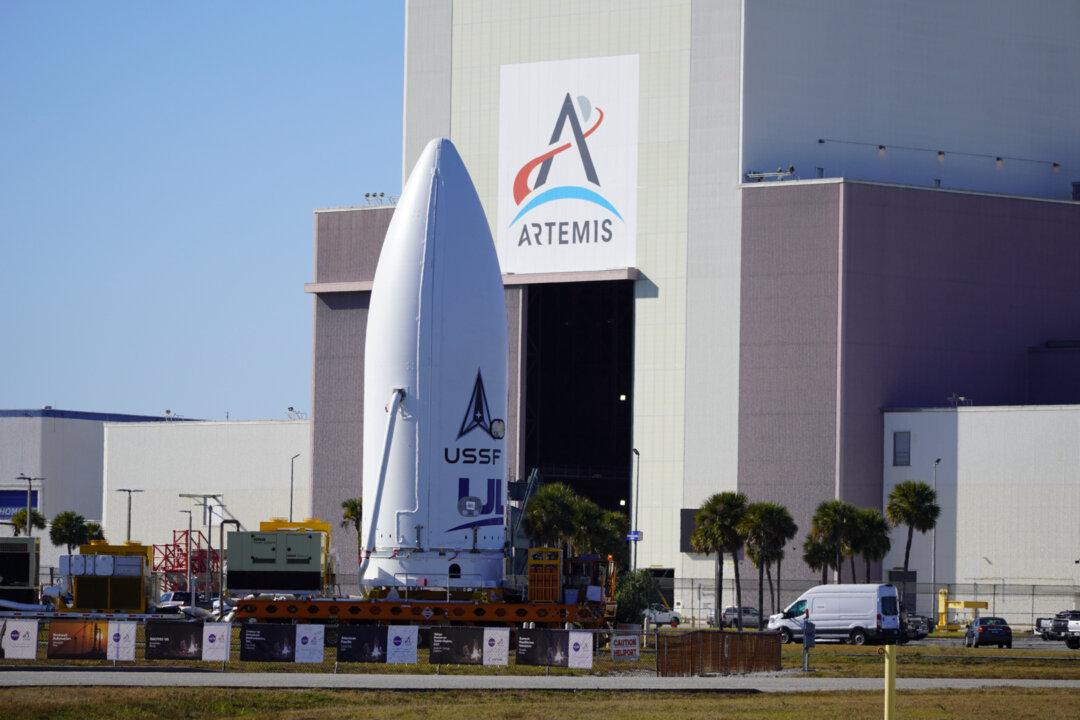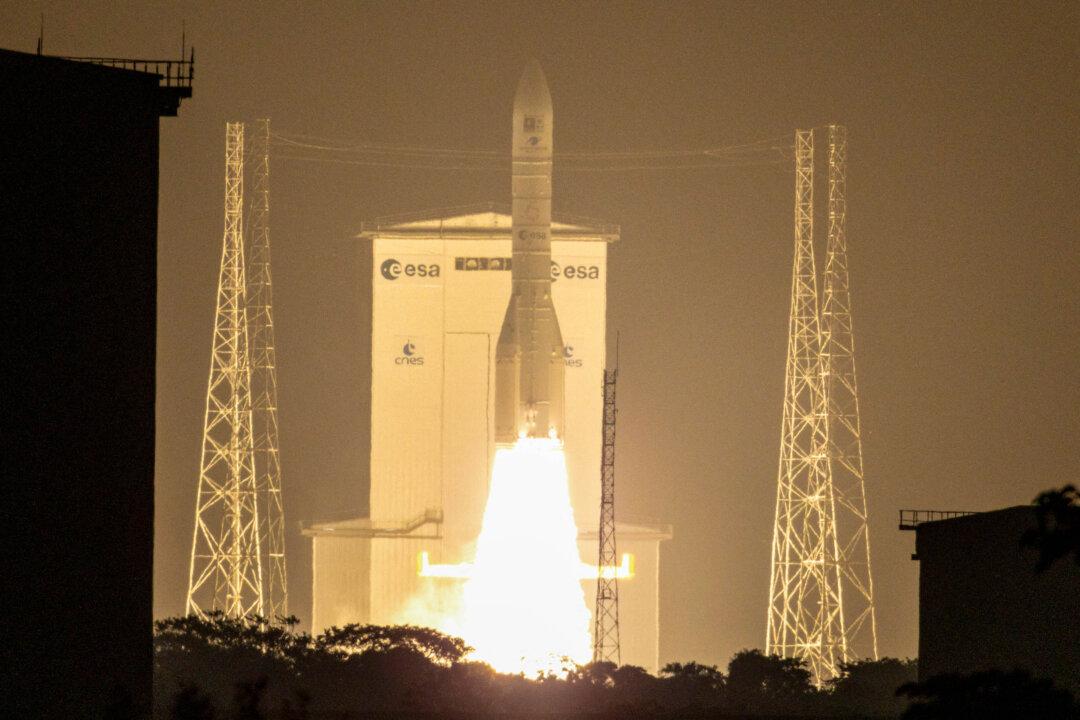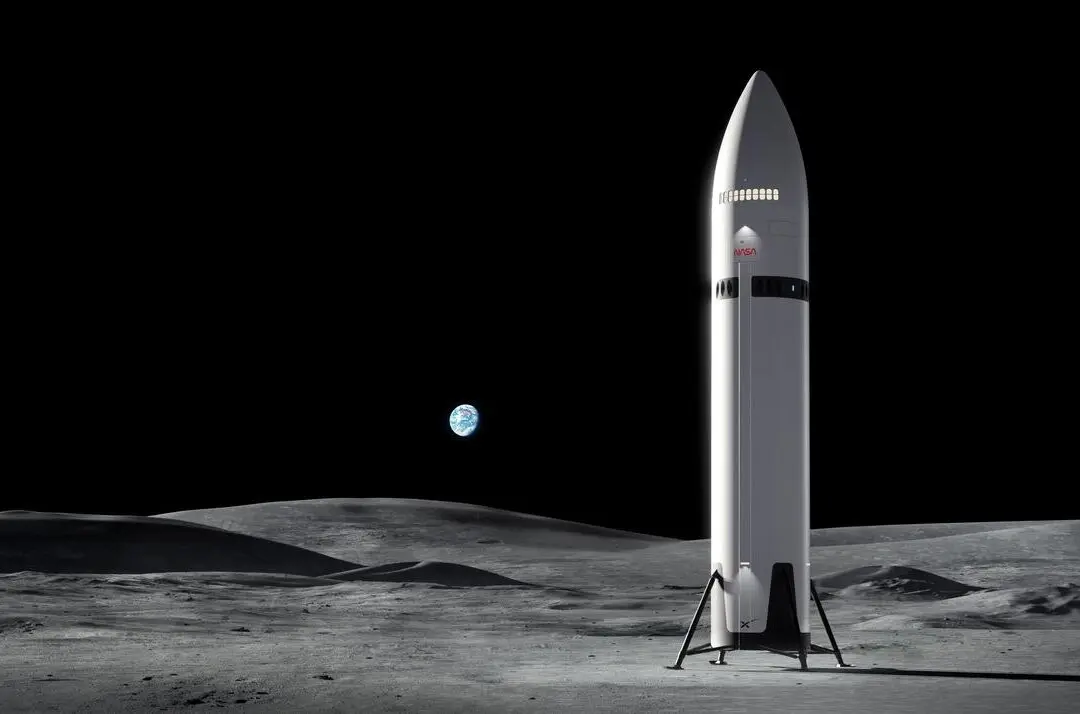WASHINGTON—President Joe Biden stepped out of his meeting with Kenyan President William Ruto on May 23 announcing several joint initiatives. These include promoting Kenya as a major non-NATO ally and a “vision” of debt reform that provides hundreds of billions of dollars in lending capacity to international financial institutions such as the World Bank and the International Monetary Fund (IMF).
Among the several initiatives announced by his administration in a joint written statement, President Biden specifically confirmed at the post-meeting press conference that his administration was working with Congress to designate Kenya a major non-NATO ally and to make it the first African country to receive funding through the CHIPS and Science Act.





